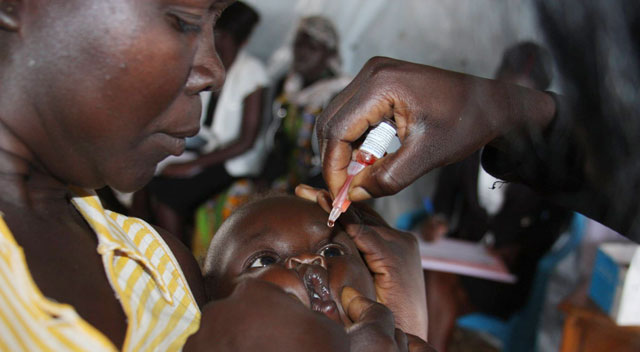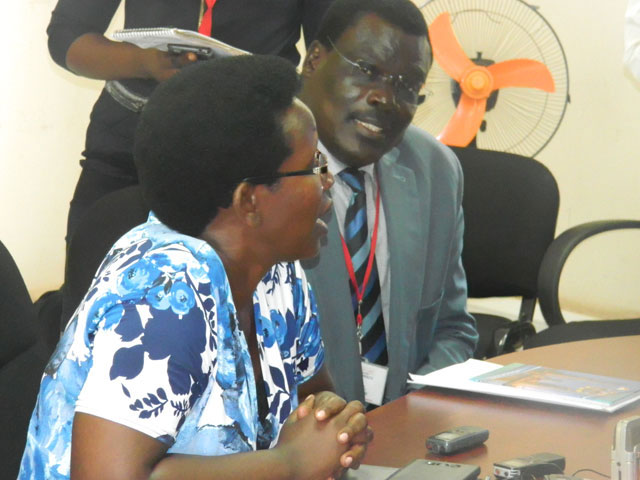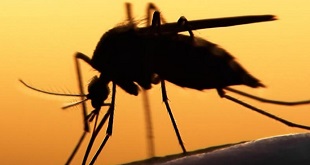
Kampala, Uganda | THE INDEPENDENT | Uganda is on high alert after new cases of the polio virus were discovered in neighbouring Kenya and the DRC. Uganda was first certified as a polio-free country in 2006 but in 2010 had a case in eastern Uganda that was imported from Kenya.
The influx of refugees and the recent discovery in Kenya has put health officials on alert and planning to step up vaccination campaigns.
Polio is a highly infectious viral disease which mainly affects young children and can result in permanent paralysis. There is no cure and it can only be prevented through immunization.
“While we had made great strides against Polio, there’s a circulating wild polio virus that has been detected in Kenya and the Democratic Republic of Congo. There’s an ongoing meeting to be able to avert the same from reaching Uganda” said Dr Bernard Opar.
Dr Opar, the Program Manager Uganda National Expanded Program on Immunization (UNEPI) revealed the new threat to the press at a Ministry of Health media breakfast meeting in Kampala on Monday.
He said Uganda has maintained case based surveillance since 1996 while environmental surveillance for polio has been ongoing since May 2017 with currently 5 sewage sites.
Ministry of Health officials also explained the various immunization programmes being undertaken countrywide. They explained the supply chain for vaccines, measles outbreak, introduction of Rota Virus in routine immunization schedule, HPV Vaccination, Integrated Child Health Days and other updates on Immunization.
| Vaccine | Introduction year |
| DPT-HepB-Hib | June 2002 |
| PCV | Apr-13 |
| bOPV (switch) | Apr-15 |
| IPV | May 2015 |
| HPV | Nov 2015 |
| Rotavirus | By 2nd quarter 2018 |
| Measles-Rubella | After Rotavirus |
Dr Opar said one of the success of the UNEPI programme has been the introduction of new vaccines that have increased the number of antigens provided under the routine immunization programme to 12 and implies Ugandan children are protected from more Vaccine Preventable Diseases VPDs. He revealed that up to sh110 billion has been spent on vaccines and supplies to districts January to September 2017.
Vaccination is one of the key strategies that the Government of Uganda is implementing in its roadmap to the attainment of the Sustainable Development Goal three, (SDG 3) which underlines the need for good health and well-being. Currently, the sector has made good progress in child immunization increasing from DPT3 coverage of 52% in 2012 to current coverage of 97%.

Opar said one major concern the ministry is battling is a big number that are vaccinated, do not return for the second and third doses where they apply.
He gave an example of the HPV vaccine against cervix cancer, where in January 2018 where they achieved 27% coverage for the first dose, of which only 6% returned for the HPV2 dose.
While in 2016 – 83% got first dose, only 22% returned for the second dose.
Health Ministry PS Dr Diane Atwine, Dr Tabley Bakyayita Basajjatebadiba – Asst. Commissioner Health Promotion and Education together with Dr Henry Luze of the Uganda National Expanded Program on Immunization (UNEPI) also briefed the press on the various programmes in the pipeline.
 The Independent Uganda: You get the Truth we Pay the Price
The Independent Uganda: You get the Truth we Pay the Price


